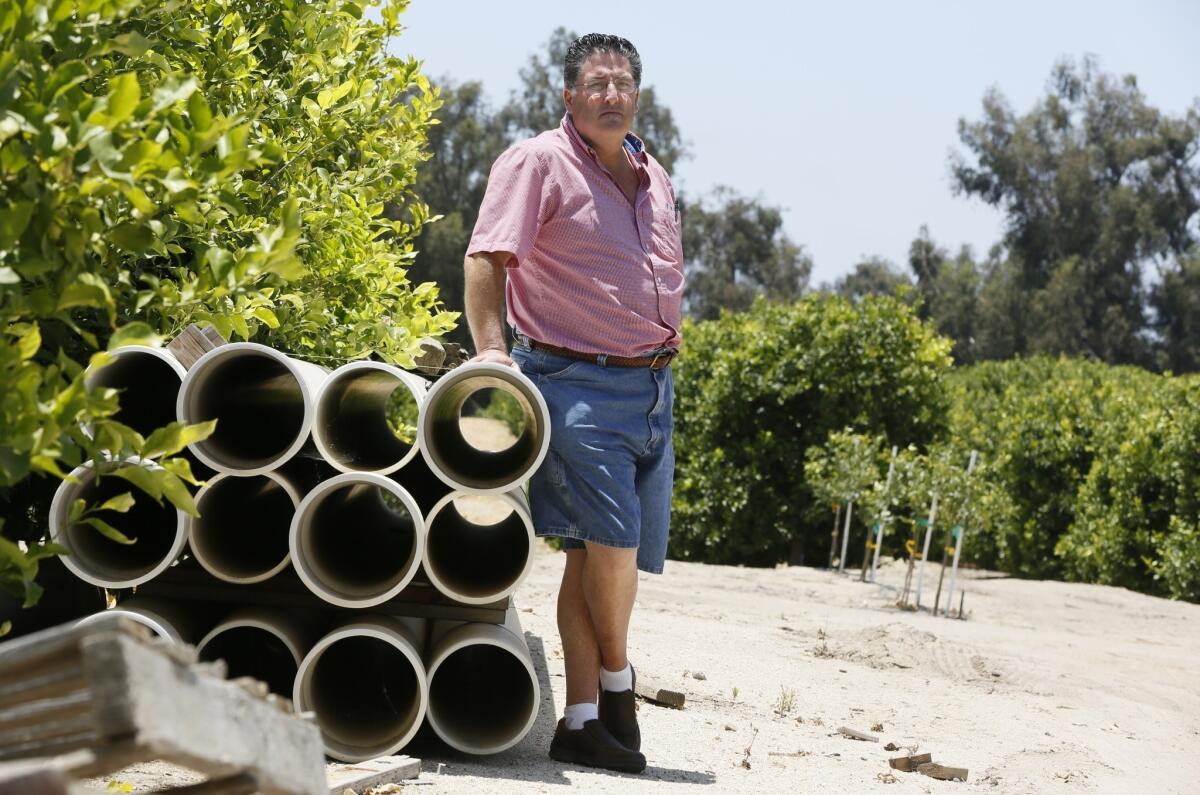State needs safeguards on fracking

Less than a month ago, there were several major bills to provide oversight of hydraulic fracturing in California. Most of them died in their respective houses, and now only one is left. The Legislature should pass the remaining bill, SB 4, and Gov. Jerry Brown should sign it into law.
Fracking, as it’s called, involves injecting large volumes of water, usually mixed with sand and chemicals, into the ground to fracture the rock and release the oil locked within. Although the practice has been carried out for years in California, largely in one remote area of Kern County, there are new concerns about it because of estimates that some 15 billion barrels of oil lie in a geologic formation called the Monterey Shale in the Central Valley. That could bring hundreds of thousands of jobs to the state, at least temporarily, but the effects on water, air and seismic activity are unknown. Several studies have identified the disposal of wastewater from fracking, by injecting it back into wells, as the cause of earthquakes in areas of the nation that previously had little if any seismic activity.
A couple of the bills that died would have imposed a moratorium on fracking as New York state has done. SB 4, written by state Sen. Fran Pavley (D-Agoura Hills), would regulate rather than halt the practice. Right now there is virtually no regulation of fracking; the state Division of Oil, Gas and Geothermal Resources doesn’t even know how much of it goes on. The key provision in Pavley’s bill would require companies to obtain permits and undergo environmental review. They also would have to report which chemicals they are putting into their wells. Groundwater and air quality would be monitored, and the state would be directed to conduct a study of fracking safety.
POLL: Californians concerned about fracking
Since it was introduced, Pavley’s bill has been weakened in some ways and strengthened in others. An earlier version would have imposed a moratorium on new wells if the state failed to complete the safety study by its deadline; that provision is gone. But the bill now also covers other forms of so-called well stimulation similar to fracking that might be used on the Monterey Shale, including one that involves injecting acid to break down the rock.
Pavley’s bill would be stronger if it included a moratorium. Too much is at stake for the state’s environment and seismic safety, and the oil will still be available and valuable later on if it can be extracted safely. Nevertheless, it imposes important protections that are badly needed before fracking becomes a major industry in California.
More to Read
A cure for the common opinion
Get thought-provoking perspectives with our weekly newsletter.
You may occasionally receive promotional content from the Los Angeles Times.










